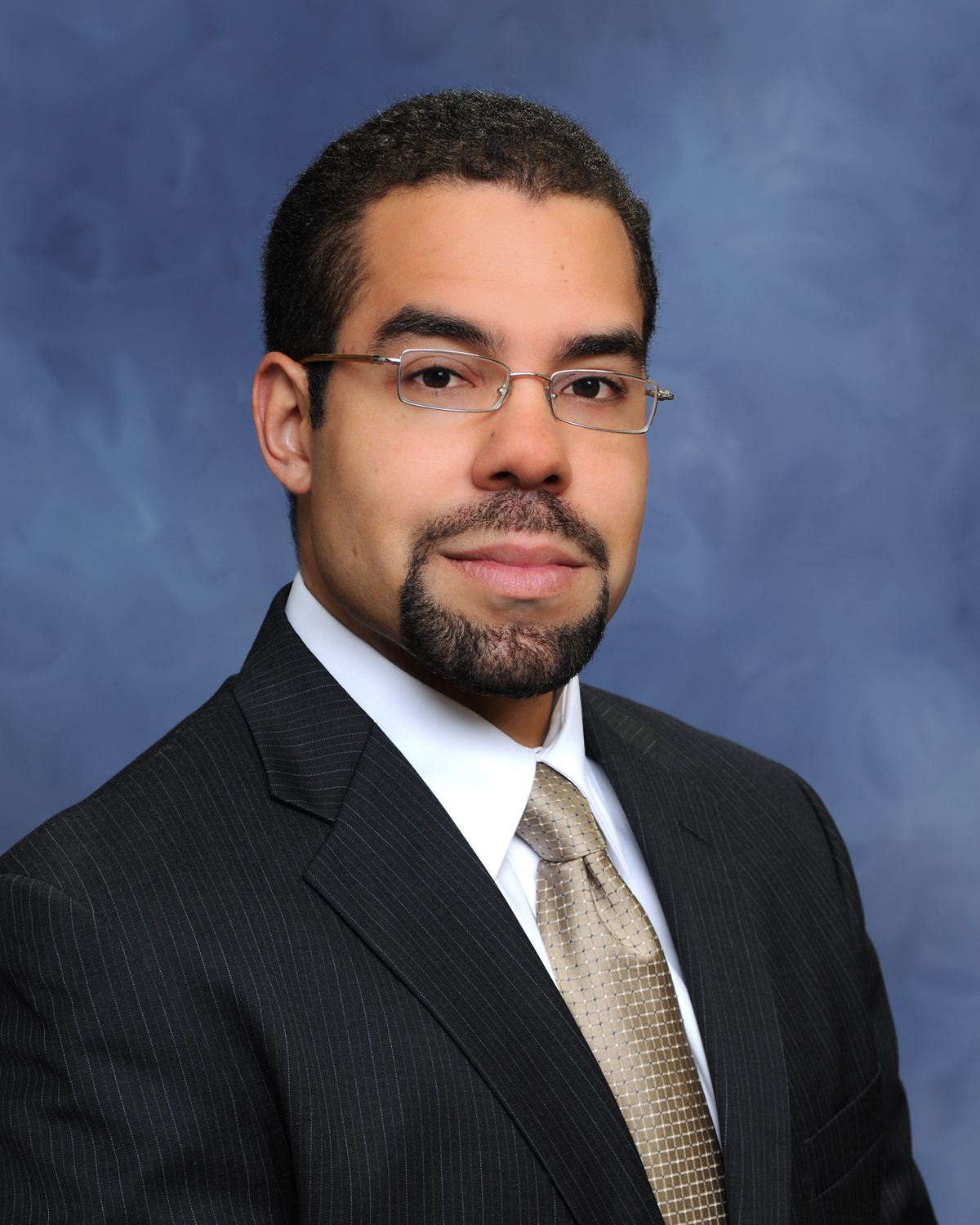Brian Purnell is Associate Professor of Africana Studies and History at Bowdoin College. He is the author of Fighting Jim Crow in the County of Kings: The Congress of Racial Equality in Brooklyn (Kentucky, 2013), which won the New York State Historical Association Manuscript Prize in 2012. He has worked on several public history projects with the Brooklyn Historical Society, the Bronx County Historical Society, the Brooklyn Public Library and the University of South Carolina. Before joining the faculty at Bowdoin, he worked for six years at Fordham University as Research Director of the Bronx African American History Project and as an Assistant Professor of African American Studies (2006-2010). He lives in Brunswick, Maine, with his wife Leana and their four children and is currently working on two books: an oral history autobiography of Jitu Weusi (Leslie Campbell) and a history of community development corporations since the mid-1960s.
Thursday, November 6, 2014
6-8 PM
Knox Hall, 606 W 122nd St., Room 509
OHMA students reflect on this talk:
Read Steven Palmer's reflection and
Bill Smith's reflection.
As oral historians, we spend a great deal of time listening, recording, writing, editing and - - speaking. We actually speak a lot. But rarely do our words become part of the final products – the books, the articles, the digital videos, the websites, the exhibits – that our dialogues with subjects help create. This presentation’s title references Gayatri Spivak’s classic essay, “Can the Subaltern Speak?” because the tendency to silence oral historians’ voices, and to some degree, to dismiss oral history methodology itself, stems from power-infused understandings of what makes authentic knowledge, historical objectivity, and narrative authority. This presentation explores questions about when and where oral historians should enter products of oral history. Is the best use of oral history one in which an oral historian seems to disappear from the dialogue? If so, why? If not, when, should, or can, the oral historian speak?
SPONSORS: This talk is part of the “Paul F. Lazarsfeld Lecture Series,” co-sponsored by the Columbia Center for Oral History Research (CCOHR) and the Oral History Master of Arts Program (OHMA). Support from the Interdisciplinary Center for Innovative Theory and Empirics (INCITE) is provided for programming that embodies late Professor Paul Lazarsfeld’s commitment to improving methodological approaches that address concerns of vital cultural and social significance.
INFORMATION: For more information, please email Amy Starecheski at aas39(at)columbia.edu
THIS EVENT IS FREE AND OPEN TO THE PUBLIC
NO REGISTRATION IS REQUIRED

